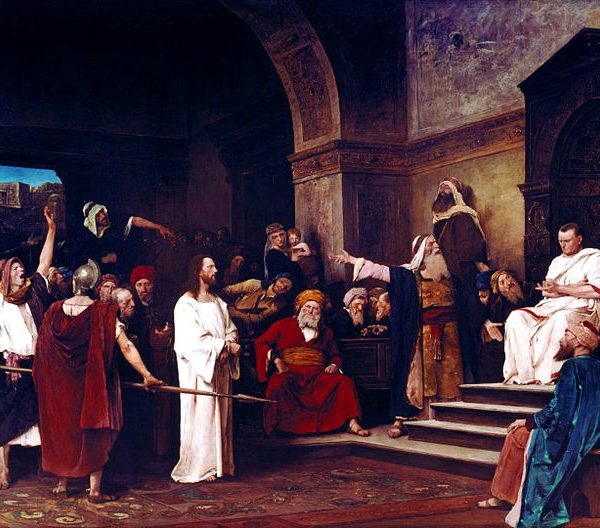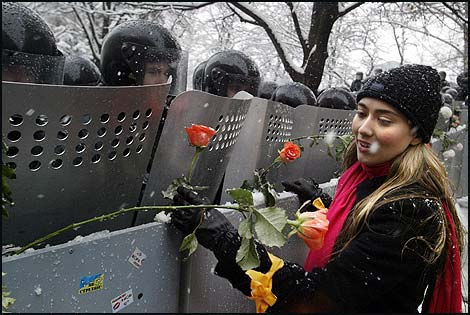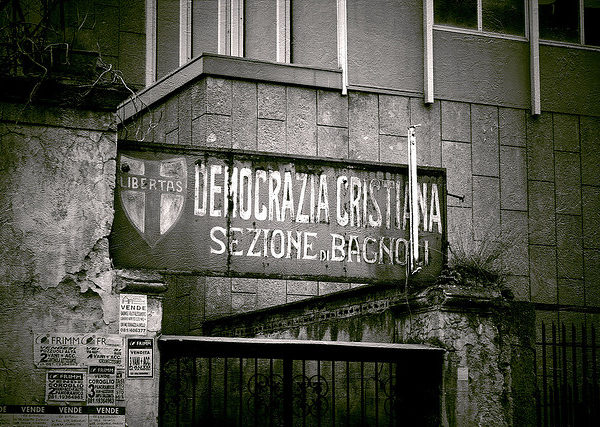
The election of Matteo Renzi represents a low point in the fortunes of political Catholicism in democratic Italy, as engaged Catholics across the political spectrum have less influence over the national government than at probably any point since World War II. This decline in fortunes illustrates the weaknesses of mainstream Catholic political strategies in the post-Cold War era. A cross-country comparison of Italy and the U.S. can help illustrate how the struggles of political Catholicism in the early twenty-first century reflect certain weaknesses in the Catholic Church’s current understanding of its social mission.

The reception of Parting Ways has been an instructive gauge of the political temperature of U.S. conversations about Zionism. Putting the phrase “critique of Zionism” in the title is bound, for better or for worse, to garner an audience. It seems that everyone has an opinion, even those who’ve never read the book.

For the past twenty years the Christian right have been labeled the ‘backbone’ and ‘base’ behind the Republican Party’s electoral successes, a view that deepened with Bush’s consecutive victories in 2000 and 2004. Until recently the alignment between evangelical Christians on the Christian right and the Republican party had gone unquestioned.
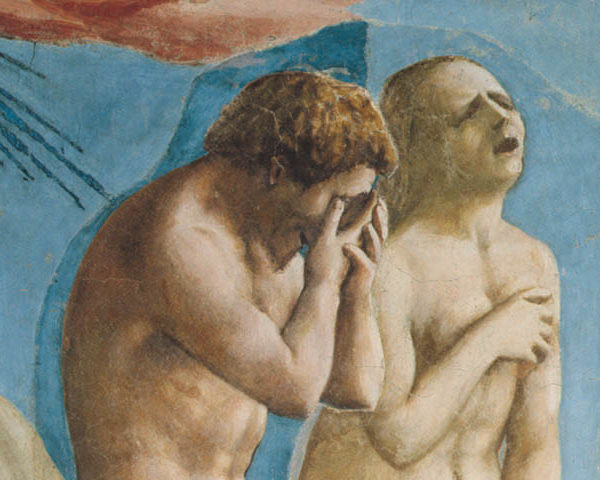
In the first volume of Capital, Marx writes: ‘Englishmen, always well up in the Bible, knew well enough that man, unless by elective grace a capitalist, or landlord, or sinecurist, is commanded to eat his bread in the sweat of his brow, but they did not know that he had to eat daily in his bread a certain quantity of human perspiration mixed with the discharge of abscesses, cobwebs, dead black-beetles, and putrid German yeast, without counting alum, sand, and other agreeable mineral ingredients’.
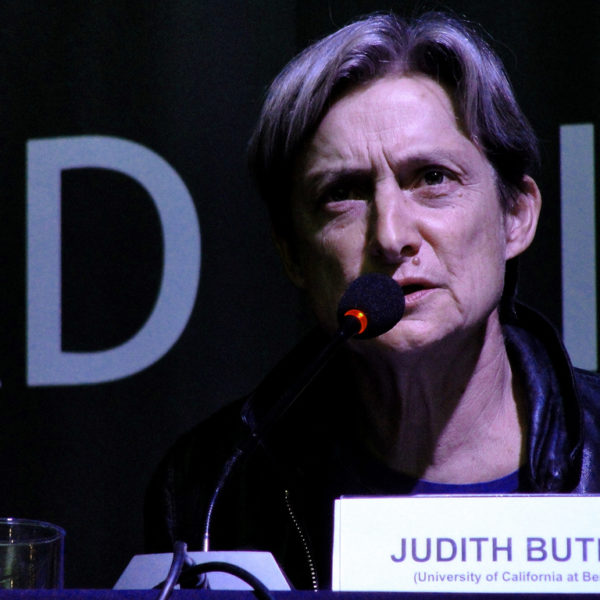
Let’s say for heuristic reasons that there are two kinds of discourse, mainstream and radical. And then ask what happens when radical discourse enters or is brought into the mainstream. What would it mean to “moderate” that discourse that presents itself as radical?

This may seem an odd pairing – Secularism and Political Theology – but in a way that I can’t quite articulate, they still seem to go well together, beyond being two important recent topics that weren’t yet covered by the course offerings in my department.

The University of Aberdeen is excited to announce an upcoming conference: “The Freedom of a Christian Ethicist: The Future of a Reformation Legacy.” Featuring Michael Banner, Brian Brock, Stanley Hauerwas, Jennifer Herdt, Paul Martens, Michael Mawson, Gerald McKenny, Rachel Muers, and Hans Ulrich, this promises to be a headline event in the field of Christian ethics this year.

. . . As you can tell from the course description, I even started the course by asking, in effect, “Why are people using this term?” I’m still not sure that I know the answer to that question almost five years later. In teaching the course, the question of the academic worth of the material was at the forefront of discussions during the entire semester. “What was wrong with liberalism again?” was a question that, sometime around week six, took on full zombie status: it would just not die.

Viewing the film August: Osage County with academy award nominees Julia Roberts and Meryl Streep during the same week that Russia’s Vladimir Putin occupied Crimea and thumbed his nose at President Obama, it became impossible not to regard the movie itself as some sort of deep parable of the political age in which we live.
